Community

Leadership Styles and Emotional Intelligence
Posted By VMA at 23 Apr 2025 10:15 AM
Q10: How does EQ impact patient satisfaction and safety? Can you think of examples where emotional intelligence improved patient interactions?
Q11: How can you apply EQ to enhance collaboration and communication within your healthcare team?
Comments

Adeem Alofi
14 May 2025 12:23 AM
Patient Satisfaction: Patients who feel heard, respected, and emotionally supported are more likely to trust their providers and feel satisfied with their care. EQ enables healthcare professionals to respond empathetically to patient concerns, reducing anxiety and improving their overall experience.
• Patient Safety: High EQ helps clinicians manage stress, remain calm under pressure, and communicate clearly, which reduces the likelihood of errors. It also fosters better patient-provider communication, allowing for more accurate symptom reporting and adherence to treatment plans.
Example:
A nurse notices a patient is unusually quiet and withdrawn before a procedure. Instead of ignoring it, she gently asks if the patient is feeling anxious. The patient admits fear due to a past bad experience with anesthesia. The nurse validates these feelings, reassures the patient, and informs the anesthesia team. They then take extra time to explain the process and answer questions, resulting in a calmer patient and a smoother procedure. Applying emotional intelligence within a healthcare team leads to more effective collaboration, reduced conflict, and stronger mutual support.
• Self-awareness helps you understand your triggers and reactions, allowing for more thoughtful responses rather than emotional outbursts during stressful situations.
• Empathy allows you to understand your colleagues’ perspectives, building trust and respect.
• Emotional regulation helps you stay calm and constructive in high-pressure environments, which is crucial in fast-paced clinical settings.
• Social skills enable you to communicate clearly, give and receive feedback effectively, and resolve conflicts without escalating tension.
Example Application:
During a busy shift, a physician snaps at a nurse. Rather than reacting defensively, the nurse uses EQ to recognize the physician’s stress and calmly addresses the issue later. She expresses her concerns and asks for a more respectful tone in future interactions. The physician apologizes, realizing he had misdirected his frustration. As a result, their teamwork and mutual respect improve.

Zahra'a Hassan
10 May 2025 10:24 PM
Q10,EQimpact positively onpt.satisfaction and improve health
Q11,EQ enhance and improve communicaton and good relationship within healthcare



س10، يؤثر الذكاء العاطفي بشكل إيجابي على الرضا وتحسين الصحة
س11، يعزز الذكاء العاطفي ويحسن التواصل والعلاقات الجيدة داخل الرعاية الصحية